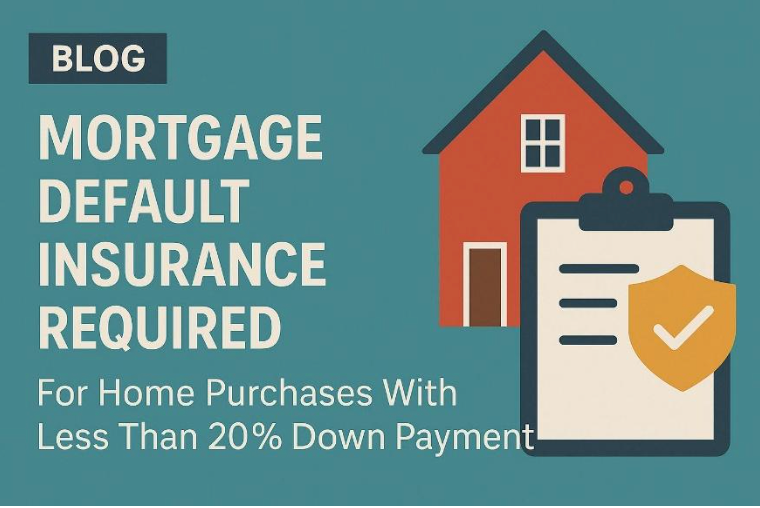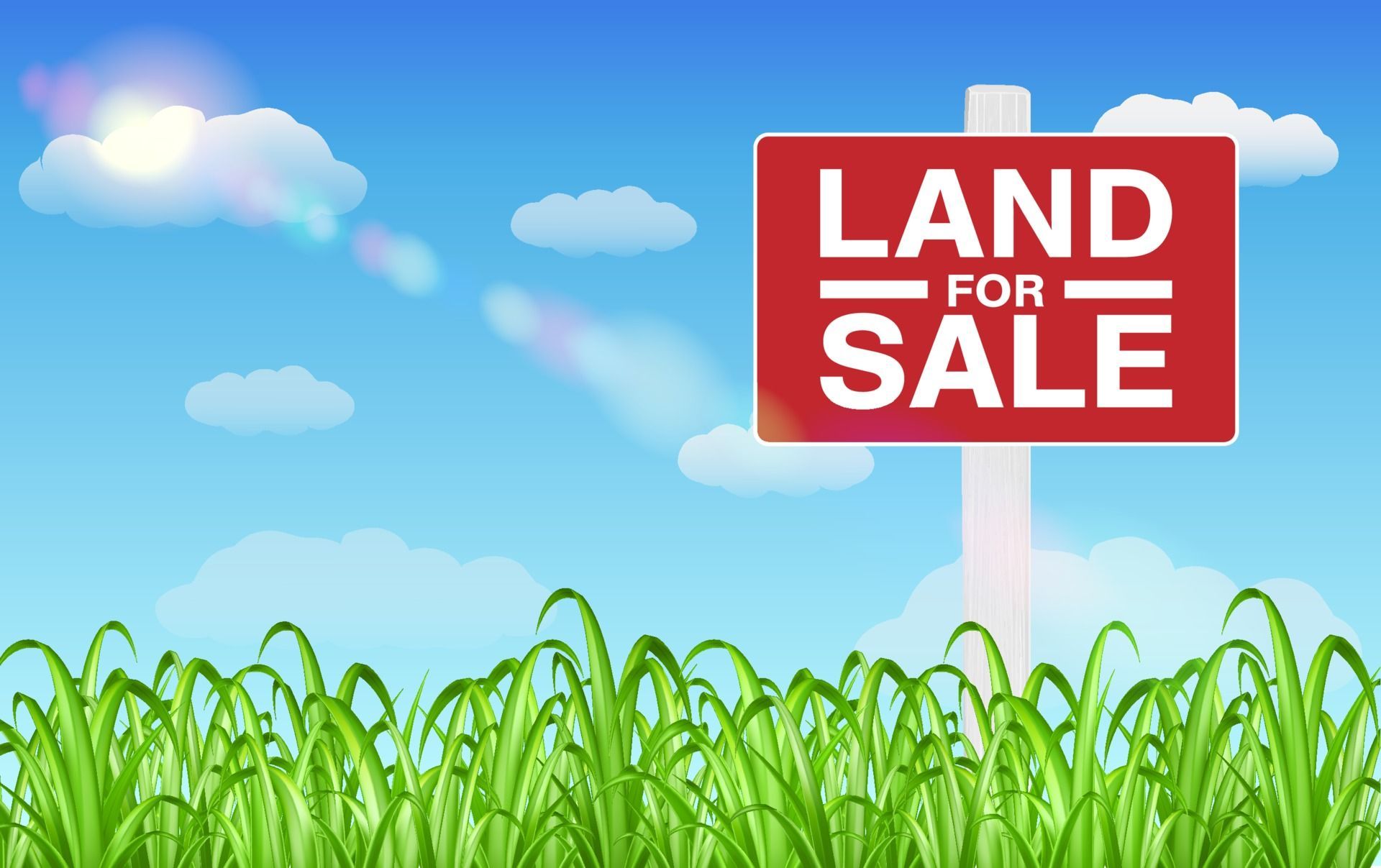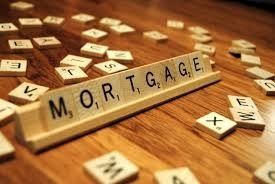Mortgages 101 – What You Need to Know about Mortgages
Mortgage [ ˈ m ô r ɡ ij] NOUN
With a residential mortgage, a home buyer pledges his or her house to the bank. The bank has a claim on the house should the home buyer default on paying the mortgage. In the case of a foreclosure, the bank may evict the home’s occupants and sell the house, using the income from the sale to clear the mortgage debt.
Mortgages are complicated, but they don’t have to be… let me break down the basics for you.
Mortgages in a Nutshell
Since homes are expensive, a mortgage is a lending system that allows you to pay a small portion of a home’s cost (called the down payment) upfront, while a bank/lender loans you the rest of the money. You arrange to pay back the money that you borrowed, plus interest, over a set period of time (known as amortization), which can be as long as 30 years.
When you get a mortgage loan, you are called the mortgagor . The lender is called the mortgagee .
How Do You Get a Mortgage?
The companies that supply you with the funds that you need to buy your home are referred to as “lenders” which can include banks, credit unions, trust companies etc.
Mortgage lenders don’t lend hundreds of thousands of dollars to just anyone, which is why it’s so important to maintain your credit score. Your credit score is a primary way that lenders evaluate you as a reliable borrower – that is, someone who’s likely to pay back the money in full WITHOUT a lot of hassle. A score of 680-720 or higher generally indicates a positive financial history; a score below 680 could be detrimental, making you a higher risk. Higher risk = higher rates!
For more information about Credit check out Solving the Puzzle – 5 factors used in determining your Credit Score
How Mortgages Are Structured
Down payment: This is the money you must put down on a home to show a lender you have some stake in the home. Ideally you want to make a 20% down payment of the price of the home (e.g., $60,000 on a $300,000 home), because this will allow you to avoid the extra cost of Mortgage Default Insurance which is mandatory with all down payments of less than 20%. 5 GREAT Reasons To Provide a 20% Down Payment when Buying a Home
Every mortgage has three components: the principal, the interest, and the amortization period.
Mortgages are typically paid back gradually in the form of a monthly mortgage payment, which will be a combination of your paying back your principal plus interest.
- Principal: This is the amount of money that you are borrowing and must pay back. This is the price of the home minus your down payment
-
- taking the above example, purchase price $300,000 minus $60,000 down payment to get a mortgage (principal) of $240,000.
- Interest rate: Lenders don’t just loan you the money because they’re nice guys. They want to make money off you, so you will be paying them back the original amount you borrowed (principal) plus interest—a percentage of the money you borrow.
-
- The interest rate you get from the lender will vary based on: property, lender, credit bureau, employment and your personal situation.
- Amortization
means life of the mortgage, or how long the mortgage needs to be, in order to pay off the complete loan (principal) plus interest. Mortgage loans have different “amortizations,” the two most common terms are 25 & 30 years.
- Within the life of the mortgage (amortization) you will have a Term. The length of time that the contract with your mortgage lender including interest rate is set up (typically 5 years). After your term completes, you can renew your mortgage with the same lender or move to a new lender.
When to Get a Mortgage
 First Step: connect with a Mortgage Broker for a mortgage before
you start hunting for a home. You need to know what you can afford – especially with all the new government regulations.
First Step: connect with a Mortgage Broker for a mortgage before
you start hunting for a home. You need to know what you can afford – especially with all the new government regulations.
Ideally you need a mortgage pre-approval, which an in-depth process where a lender will check your credit report, credit score, debt-to-income ratio, loan-to-value ratio, and other aspects of your financial profile.
This serves two purposes:
- It will let you know the maximum purchase price of a home you can afford.
- A mortgage pre-approval shows home sellers and their realtors that you are serious about buying a home, which is particularly crucial in a hot housing market.
Another easy first step? Before you start browsing online listings or visiting open houses, plug your info into my online home affordability calculator , which will give you an idea of how much mortgage you can qualify for.
Types of Mortgages
How do you figure out which mortgage is right for you? Here are the 2 main types of home loans to consider:
- Fixed-rate mortgage: This is the most popular payment setup for a mortgage. A fixed mortgage interest rate is locked-in and will not increase for the term of the mortgage.
- Variable rate mortgage aka Adjustable Rate Mortgages (ARM) A variable mortgage interest rate is based on the Bank of Canada rate and can fluctuate based on market conditions and the Canadian economy. A mortgage loan with an interest rate that is subject to change and is not fixed at the same level for the life of the term. These types of mortgages usually start off with a lower interest rate but can subject the borrower to payment uncertainty.
- Check out my BLOG Fixed vs. Variable Rate Mortgages – Pros & Cons
How to Shop for a Mortgage?
Use a mortgage broker, a professional who works with many different lenders to find a mortgage that best suits the needs of the borrower. BLOG What is the difference between a Mortgage Broker & a Mortgage Specialist (hint – specialists work for the bank)!!
I specialize in Mortgage Intelligence , educating people about mortgages, how they work and what lenders are looking for. Everyone’s home purchasing situation is different, so working with me will give you a better sense of what mortgage options are available based on the 4 strategic priorities that every mortgage needs to balance:
- lowest cost
- lowest payment
- maximum flexibility
- lowest risk
Most Canadians are conditioned to think that the lowest interest rate means the best mortgage product. Although sometimes that is true, a mortgage is more than just an interest rate. You can save yourself a lot of money if you pay attention to the fine print, not just the rate.
Banks tend to concentrate on the 5 year fixed mortgage rate (since that’s the best option for them) … rates are important, however I look at the total cost of the mortgage. I will advise & explain mortgage options, help you understand the implications of your choice and help you avoid the pitfalls of choosing a mortgage based on rates alone.
My services for a typical mortgage are FREE (I get a finder’s fee from the lender) and I help people save money. I LOVE my job!
Mortgages are complicated, but they don’t have to be… Engage an expert!
Give me a call and let’s discuss a mortgage that works for you (not the bank)!







